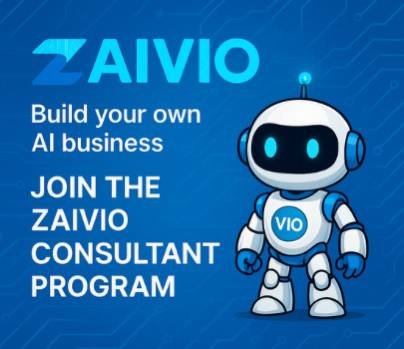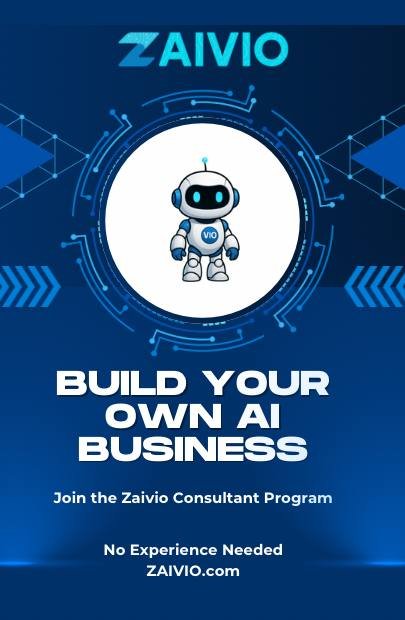Enhancing ECMO Specialist Training: Best Practices for Optimal Patient Outcomes
In critical care environments, where Extracorporeal Membrane Oxygenation (ECMO) is employed, the proficiency of ECMO specialists is crucial. The effectiveness of ECMO interventions significantly depends on rigorous training methods that ensure specialists are not only technically competent but also adept at managing complex clinical scenarios. This exploration seeks to identify the most effective training methods for new ECMO specialists, aiming to enhance patient care and safety standards in healthcare organizations.
1. Hands-on Simulations
Simulated learning environments provide a controlled yet realistic setting for ECMO specialists to hone their skills. These simulations mimic real-life emergencies, offering trainees the opportunity to practice and rectify errors without patient risk. Key benefits of simulation-based training include:
Immediate feedback on technique and decision-making processes.
Opportunity to practice rare but critical ECMO scenarios.
Enhanced teamwork and communication skills within a multidisciplinary team.
Such immersive experiences significantly contribute to the confidence and competence of ECMO specialists, proving essential in their training regimen.
2. Structured Mentoring Programs
Mentorship plays a pivotal role in the clinical training of ECMO specialists. Experienced mentors can provide guidance, support, and insight into the nuances of ECMO patient management. Effective mentorship programs generally involve:
One-on-one coaching sessions where trainees can discuss and learn from real case studies.
Shadowing opportunities to observe and engage in ECMO procedures directly.
Regular feedback and personalized development plans to address specific learning needs.
This personalized training approach helps bridge the gap between theoretical knowledge and practical expertise, fostering a supportive learning environment.
3. Ongoing Professional Development
The field of ECMO technology and techniques is continually evolving. Ongoing professional development ensures that ECMO specialists remain updated with the latest advancements and standards in patient care. Components of an effective ongoing professional development program include:
Continuing medical education (CME) credits through workshops, seminars, and conferences.
Peer review sessions to discuss recent cases and alternative strategies.
Access to a comprehensive resource library with updated research, guidelines, and case studies.
This continuous learning process not only maintains but also expands the clinical capabilities of ECMO specialists.
Conclusion
The training of ECMO specialists is a complex, multi-faceted endeavor that requires a blend of hands-on simulations, structured mentoring, and ongoing professional development. By implementing these training methods, healthcare organizations can ensure that their ECMO teams are well-prepared to deliver high-quality patient care. Ultimately, the goal is to foster a culture of excellence and safety in the provision of ECMO services, significantly improving patient outcomes in critical care settings.
Actionable Takeaways
Integrate simulation-based training into the ECMO curriculum to build practical skills in a risk-free environment.
Develop structured mentoring programs to provide personalized guidance and real-world learning opportunities.
Establish a framework for ongoing professional development to keep pace with advances in ECMO practice and technology.












